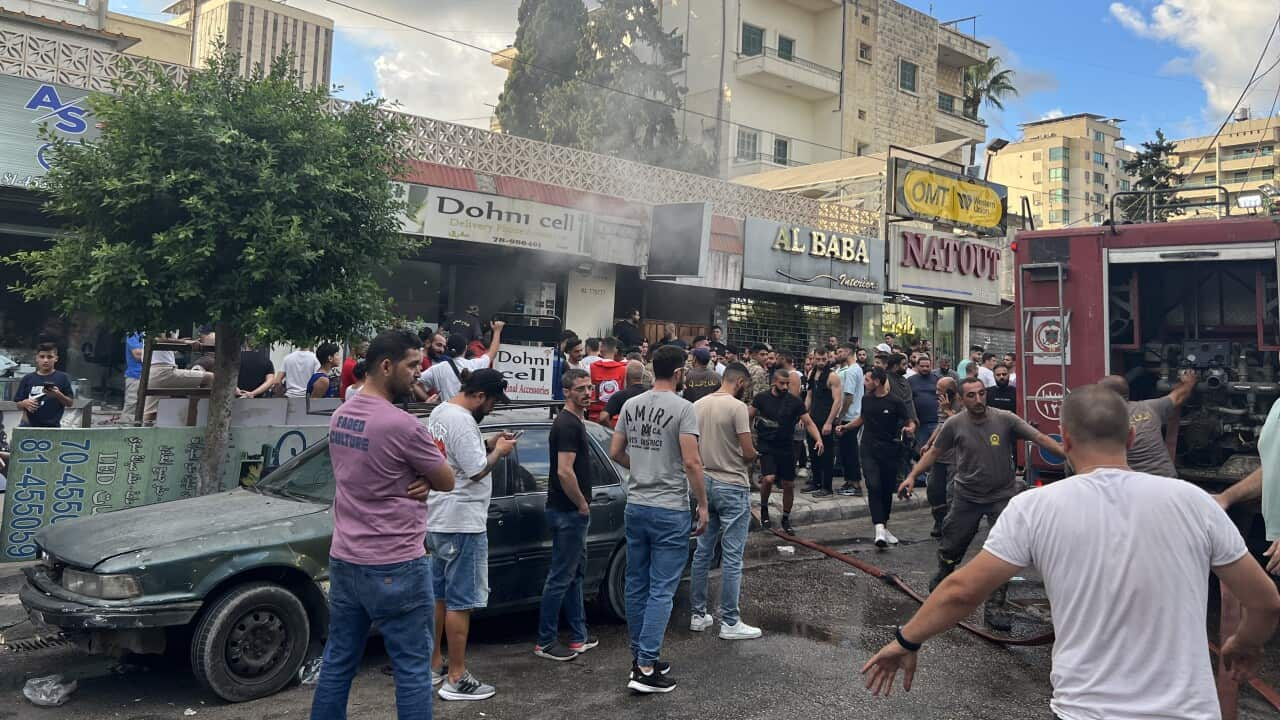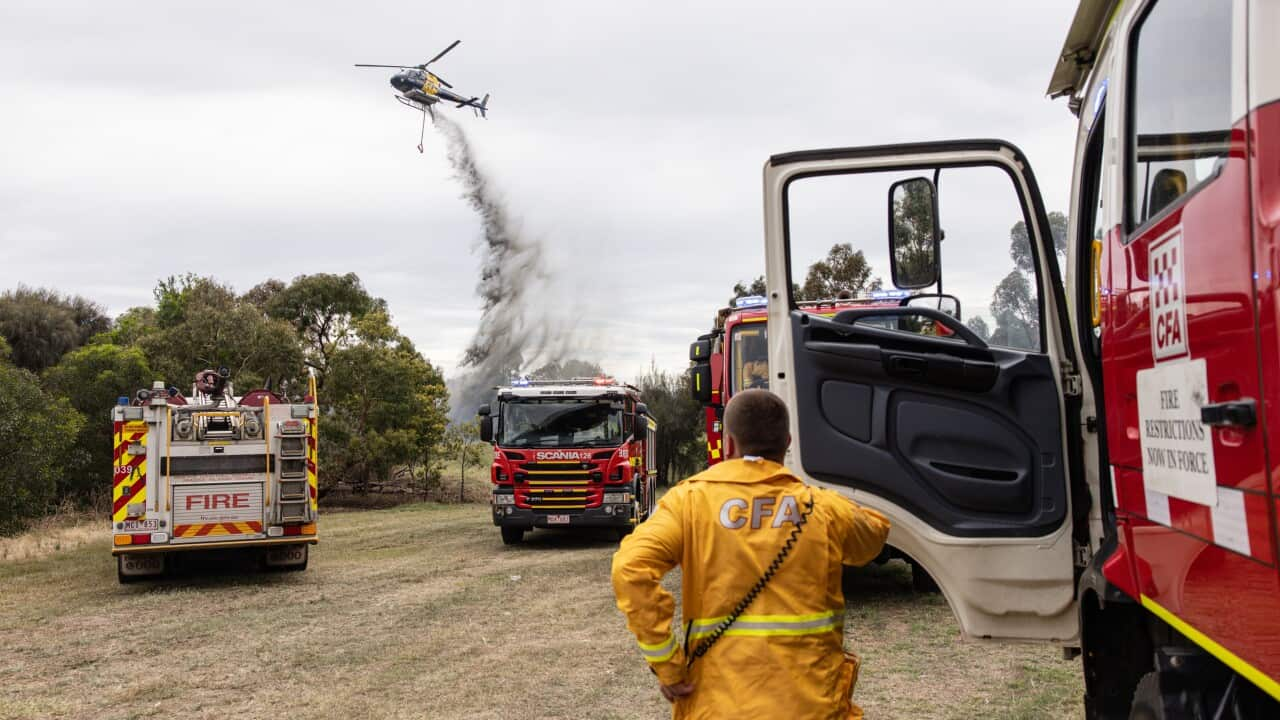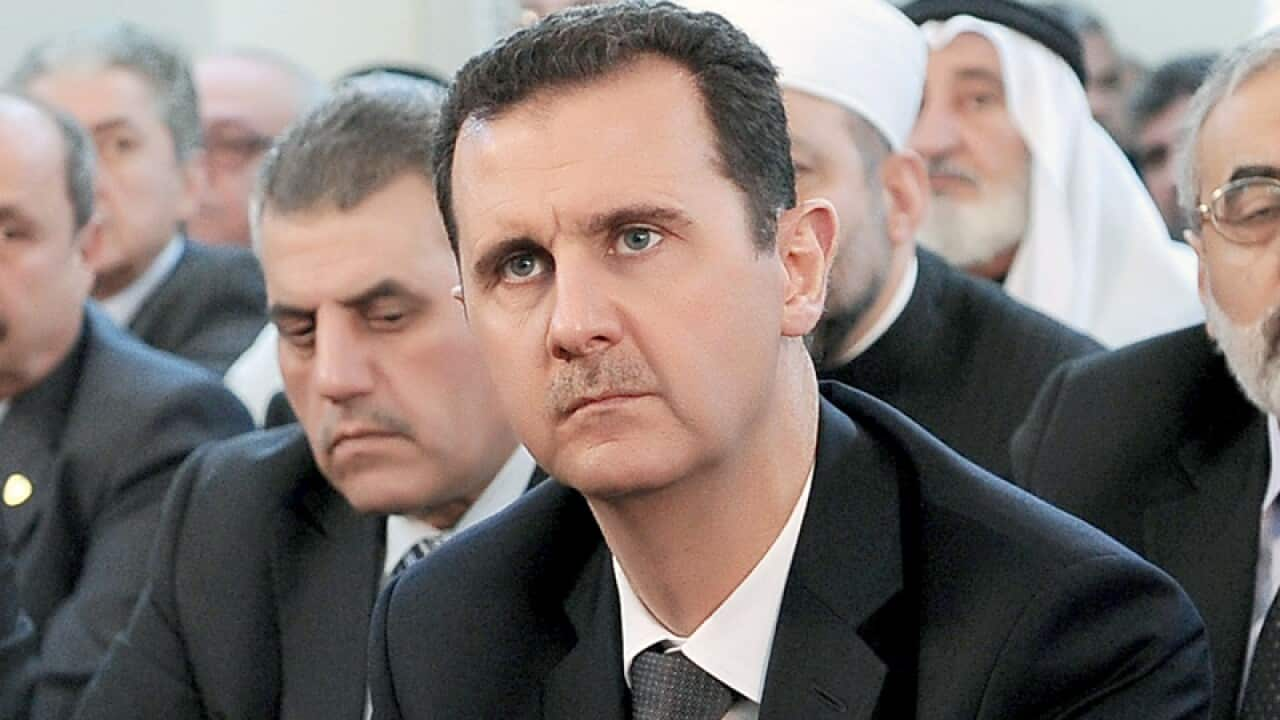Key Points
- Hand-held radios used by armed group Hezbollah have detonated across Lebanon’s south.
- At least 20 people have been killed and 450 injured.
- The day before, 12 people were killed and 3,000 injured in pager explosions.
Hand-held radios used by Lebanese armed group Hezbollah have detonated across Lebanon’s south, in Beirut suburbs and the Bekaa Valley, further stoking tensions with Israel a day after similar explosions by the group’s pagers.
Lebanon’s health ministry said 20 people had been killed and 450 injured on Wednesday while the number of people killed from Tuesday’s explosions rose to 12, including two children, with nearly 3,000 injured.
At least one of Wednesday’s blasts took place near a funeral organised by Hezbollah for those killed the previous day when thousands of pagers used by the group exploded across the country and wounded many of its fighters.
A Reuters reporter in the southern suburbs of Beirut said he saw Hezbollah members frantically taking out the batteries of any walkie-talkies on them that had not exploded, tossing the parts into metal barrels around them.
Lebanon’s Red Cross said on X that it was responding with 30 ambulance teams to multiple explosions in different areas.
The group, which was thrown briefly into disarray by the pager attacks, said on Wednesday it had attacked Israeli artillery positions with rockets, the first strike at its arch-foe since the blasts wounded thousands of its members in Lebanon and raised the prospect of a wider Middle East war.
Images of the exploded walkie-talkies examined by Reuters showed an inside panel labelled “ICOM” and “made in Japan”.
According to its website, ICOM is a Japan-based radio communications and telephone company.
The company has said that production of several models of the ICOM hand-held radio have been discontinued, including the IC-V82, which appeared to closely match those in images from Lebanon on Wednesday and which was phased out in 2014.
The hand-held radios were purchased by Hezbollah five months ago, about the same time that the pagers were bought, a security source said.
Israel’s spy agency Mossad, which has a long history of sophisticated operations on foreign soil, planted explosives inside pagers imported by Hezbollah months before Tuesday’s detonations, a senior Lebanese security source and another source told Reuters.
The number of people killed in Tuesday’s explosions rose to 12, Lebanese Health Minister Firass Abiad said on Wednesday.
Wireless communications devices have exploded across Lebanon, killing 14 people and injuring 450. Source: Getty / Suleiman Amhaz
Tuesday’s attack injured nearly 3,000 people, including many of the militant group’s fighters and Iran’s envoy to Lebanon.
Calls for investigation
Victims of thousands of small explosions linked to pagers used by militant group Hezbollah rushed into hospitals, some with organs protruding, others with faces missing eyes or hands missing fingers.
The UN High Commissioner for Human Rights Volker Turk called for an independent investigation into the events surrounding exploding pagers.
A Taiwanese pager maker denied that it had produced the pager devices.
Chief of the general staff of the Israel Defence Forces Herzi Halevi (centre) holds an assessment meeting after Israeli intelligence agency Mossad planted explosives in the batteries of pager devices that detonated in Lebanon. Source: Getty / Israel Defence Forces handout
Gold Apollo said the devices were made under licence by a company called BAC, based in Hungary’s capital Budapest.
But the Hungarian government said the pager devices were never in the country.
“Hungarian authorities have established that the company in question is a trading-intermediary company, which has no manufacturing or other site of operation in Hungary,” government spokesman Zoltan Kovacs said on Facebook.
Hezbollah has vowed to retaliate against Israel, whose military declined to comment on the blasts.
The two sides have been engaged in cross-border warfare since the Gaza conflict erupted last October, fuelling fears of a wider Middle East conflict that could drag in the United States and Iran.
A full-blown war with Israel could devastate Lebanon, which has lurched from one crisis to another in recent years, including a 2019 financial collapse and the 2020 Beirut port blast.
Jordan’s foreign minister Ayman Safadi accused Israel of pushing the Middle East to the brink of a regional war by orchestrating a dangerous escalation on many fronts.
Hezbollah said in a statement it would continue to support Hamas in Gaza and Israel should await a response to the pager “massacre” which left fighters and others bloodied, hospitalised or dead.
One Hezbollah official said the detonation was the group’s “biggest security breach” in its history.
The plot appears to have been many months in the making, several sources told Reuters.
It followed a series of assassinations of Hezbollah and Hamas commanders and leaders blamed on Israel since the start of the Gaza war.














